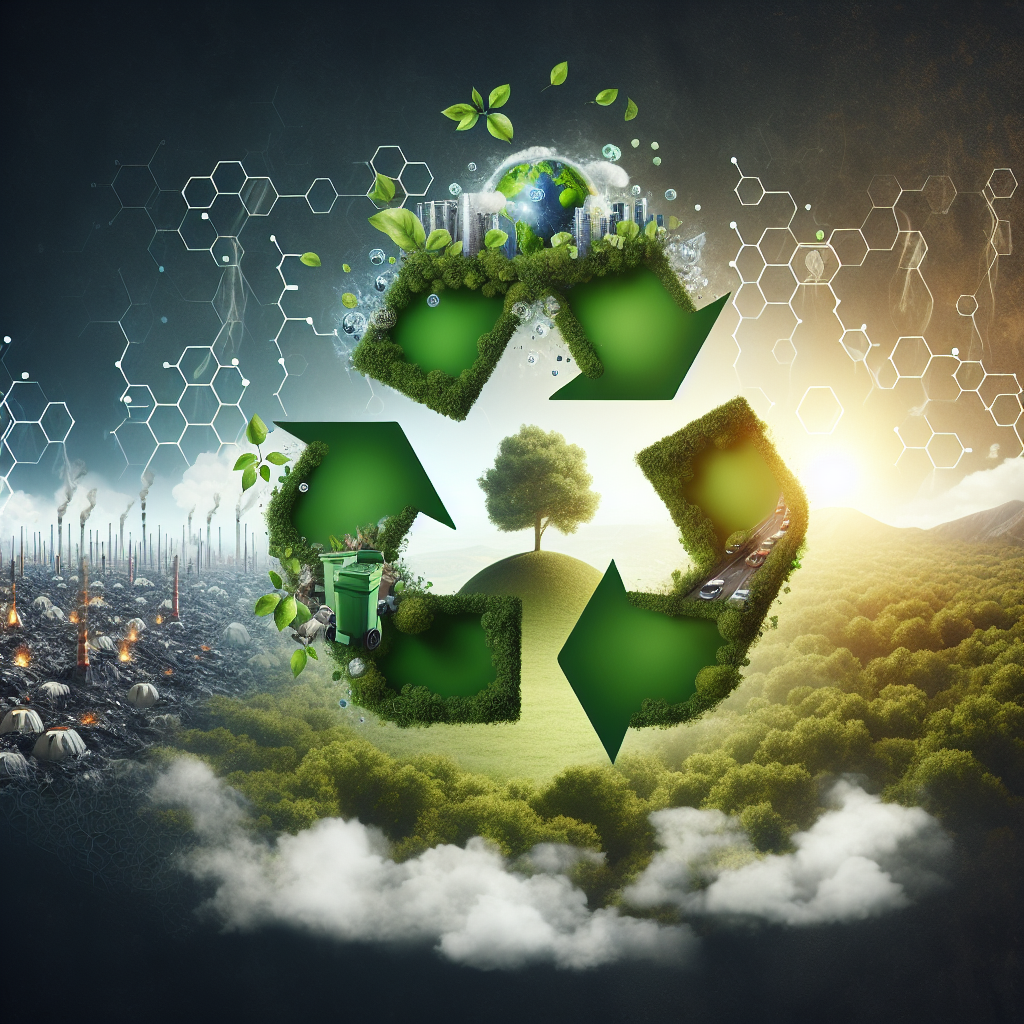Blog Ecobraz Eigre

What does carbon offsetting through recycling mean?
Understanding carbon offsetting through recycling
Carbon offsetting through recycling is a fundamental concept in the fight against climate change. It is the process by which greenhouse gas emissions generated by various activities are neutralized through the recycling of materials. Recycling avoids the extraction of virgin raw materials, reduces the amount of waste sent to landfills and reduces energy consumption, directly impacting on the reduction of CO2 emissions.
How recycling contributes to carbon reduction
Recycling transforms waste such as paper, plastic, glass and metals into new products, which avoids the need to manufacture from extracted natural resources. This process saves energy and reduces gas emissions. For example, recycling aluminum can save up to 95% of the energy needed to produce the metal from bauxite - a raw material that requires highly fossil fuel-intensive processes.
Mechanisms of carbon offsetting by recycling
Carbon offsetting can be done by calculating the emissions avoided. Every ton of recycled material means fewer tons of CO2 released into the atmosphere. Organizations and individuals can measure the positive impact of their recycling actions and thus help balance their personal emissions or those of specific activities. This method is an efficient and practical way of neutralizing the environmental footprint.
Environmental benefits of offsetting by recycling
In addition to reducing emissions, carbon offsetting by recycling promotes a circular economy, reduces the volume of waste in dumps and landfills, reduces soil and water pollution, and preserves limited natural resources. This contributes to conserving biodiversity and improving the quality of life of the surrounding communities.
How to participate in carbon offsetting through recycling
Participation begins with correctly segregating recyclable materials in everyday life, encouraging selective collection and choosing products made from recycled materials. Various initiatives, projects and programs also offer the possibility of officially calculating and offsetting carbon, linking recycling to environmental certificates or carbon credits.
Challenges and future prospects
Despite the clear benefits, carbon offsetting through recycling faces challenges such as a lack of adequate infrastructure, incorrect waste disposal and insufficient awareness. However, technological advances, public policies aimed at strengthening waste management and increased social engagement are trends that should increasingly improve this mechanism.
In short, carbon offsetting by recycling represents an efficient and practical strategy for mitigating climate change, promoting sustainability and valuing waste as a resource for a greener future.

Deixe um comentário
O seu endereço de e-mail não será publicado. Campos obrigatórios são marcados com *